Curcumin is the active ingredient in the spice turmeric and is what gives turmeric its purported health benefits.
Curcumin is a polyphenol. Polyphenols are compounds that increase the activity of the body’s natural detoxification system (specifically something called Phase II detoxification).
Whilst there are many nutritional supplements that lack much research to support their health claims, curcumin is not one of them. This compound is backed by a good amount of research.
In this 2015 review paper the authors state “More than 7000 published articles have shed light on the various aspects of curcumin including its antioxidant, hypoglycemic, anti-inflammatory and anti-cancer activities.”
Curcumin’s Antioxidant Properties
Curcumin is a potent antioxidant. It can neutralize free-radicals and it can also stimulate the body’s antioxidant enzymes.
Curcumin’s Anti-Inflammatory Properties
Curcumin has powerful anti-inflammatory effects.
Chronic inflammation is known to be a contributor to many common Western diseases. Curcumin can inhibit many molecules known to play major roles in inflammation.
In this study the authors concluded “Research has shown curcumin to be a highly pleiotropic molecule capable of interacting with numerous molecular targets involved in inflammation.
Based on early cell culture and animal research, clinical trials indicate curcumin may have potential as a therapeutic agent in diseases such as inflammatory bowel disease, pancreatitis, arthritis, and chronic anterior uveitis, as well as certain types of cancer.”
Curcumin’s Anti-Cancer Properties
A huge mass of available studies strongly supports the use of curcumin as a chemopreventive drug.
Curcumin leads to several changes on the molecular level that may help prevent and perhaps even treat cancer.
Curcumin inhibits NFkB, and is thus able to greatly impact cancer progression.
In this study the authors concluded “Taken together, solubilized curcumin effectively blocks brain tumor formation and also eliminates brain tumor cells.”
Curcumin and Alzheimer’s Disease
Recent studies show that curcumin possesses neuroprotective and cognitive-enhancing properties that may help delay or prevent neurodegenerative diseases, including Alzheimer’s disease.
Curcumin can cross the blood-brain barrier and has been shown to lead to various improvements in the pathological process of Alzheimer’s disease.
Curcumin boosts levels of the brain hormone BDNF, which increases the growth of new neurons and fights various degenerative processes in the brain.
Curcumin and Arthritis
There are some studies showing that curcumin can help reduce the joint pain and swelling in patients with arthritis. This is likely due to its anti-inflammatory properties.
Low Bioavailability of Curcumin
However, the main challenge encountered is the low bioavailability of curcumin.
The levels of curcumin in turmeric are actually quite low and all the studies have been carried out using large doses of curcumin rather than turmeric, so it is worth considering a supplement containing curcumin.
Best Curcumin Supplements – Comparison of the different types of curcumin and the research to support absorption of the product
Through extensive research I have concluded that the following supplements are the best choices, for curcumin that will actually be absorbed.
There are hundreds of curcumin supplements available, but 6 main types of curcumin that brands can buy and use in their supplements.
These are:
- Theracurmin
- Longvida
- BCM-95
- Meriva
- Liposomal Curcumin
- Curcumin + Piperine
My top choice based on what I have read about absorption would be Theracurmin (best price as well) and second choice would be Longvida. See below for more details.
- Theracurmin – sold by Theravalues
This product takes the approach of making the curcumin particles super-fine, to get them to be able to dissolve in water.
There are studies to support the absorption of this product.
Consider 600-900mg per day of Theracurmin for anti-inflammatory and anti-cancer benefits.
Try Natural Factors Curcumin Rich Turmeric Root (300mg, 60 Vegetarian Capsules)
- Longvida – sold by Verdure Sciences
This product uses phospholipids to help it get across the intestinal wall.
Another product that has research to show that it is well absorbed, with the most reliable pharmacokinetic studies.
This form of curcumin has been shown in studies to cross the blood-brain barrier and bind to amyloid plaques in the brains of people with Alzheimer’s.
Consider this product for protection against neuro-degenerative disease.
Chris Kresser recommends this type of curcumin, but I can’t find the exact brand he recommends available in the UK.
Try Nutrivene Curcumin, LongvidaTM (500mg – 60 caps)
- BCM-95 – sold by Arjuna Natural Extracts
This product uses curcumin oils to increase absorption of the curcumin. There are some studies supporting the absorption of the curcumin in this product but in this article it sheds doubt on their data being accurate.
Try Life Extension Super Bio Curcumin (60 Vegetarian Capsules)
- Meriva – sold by Thorne
This product uses phospholipids to help it get across the intestinal wall (curcumin complexed with phosphatidylcholine).
There is a small human study showing benefit for osteoarthritis, although this was not looking at whether the curcumin was absorbed into the blood stream, but rather the patients’ pain levels and functionality.
The curcumin in Meriva has not been shown to be absorbed, but some metabolites of curcumin have been shown in the bloodstream. Some of these metabolites also have anti-inflammatory effects, which may be why this product provides relief from arthritis.
Consider this product for arthritis but probably not for anti-cancer effects or Alzheimer’s protection.
Try Thorne Research Meriva-SF (120 Veggie Caps)
- Liposomal Curcumin
Two reputable brands of Liposomal Curcumin are:
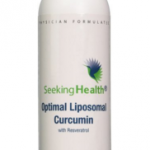 Seeking Health’s Optimal Liposomal Curcumin
Seeking Health’s Optimal Liposomal Curcumin
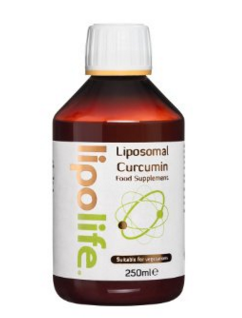 LipoLife’s Liposomal Curcumin C3 Complex
LipoLife’s Liposomal Curcumin C3 Complex
Here’s what the companies had to say about these products:
Seeking Health: “Optimal Turmeric used the Meriva® turmeric extract, which contained only about 18% curcuminoids. Our new and improved product, Optimal Curcumin, uses a 95% curcuminoids turmeric extract. The curcuminoids are thought to be the “active” compounds within the turmeric root – so the new product offers a much higher amount of these beneficial compounds without including soy (which was a major issue for many customers with regards to the Meriva® turmeric).
We believe that Optimal Curcumin is an improved product over the Optimal Turmeric, in terms of purity and potency. We also expect that individuals who have experienced benefits from using the Optimal Turmeric will find their experience using Optimal Curcumin comparable.”
LipoLife: “We use the patented C3 Complex from Sabinsa, you can read about it here. You will also find a lot of Clinical evidence located under the Benefits tab.”
- Curcumin plus Piperine
Many curcumin supplements contain normal curcumin plus piperine (black pepper extract), and this has been shown to increase the absorption of the curcumin. However, the absorption of these types of supplements is much less than the absorption of the liposomal curcumin products, and of Theracurmin and Longvida, so we would recommend choosing one of those better absorbed products over normal curcumin + piperine.
What About Just Eating Turmeric?
In India, the rate of Alzheimer’s is much lower than in the UK and America. In India, curcumin in turmeric is eaten in greater quantities than in any other population. Is curcumin the reason for the low rates of Alzheimer’s?
If so, how are they able to absorb it?
The answer probably lies in the fact that the turmeric is usually cooked in fat (butter or ghee), this creates little capsules of fat that carry the curcumin across the intestinal wall.
The turmeric is also usually also cooked along with black pepper, which as mentioned above, increases absorption.
`
Despite the popularity of curry here in the UK, it’s unlikely you are going to start eating turmeric rich curries every day of the week. However, another popular way to enjoy turmeric in India is turmeric milk.
Turmeric milk is a traditional Indian remedy for coughs and colds.
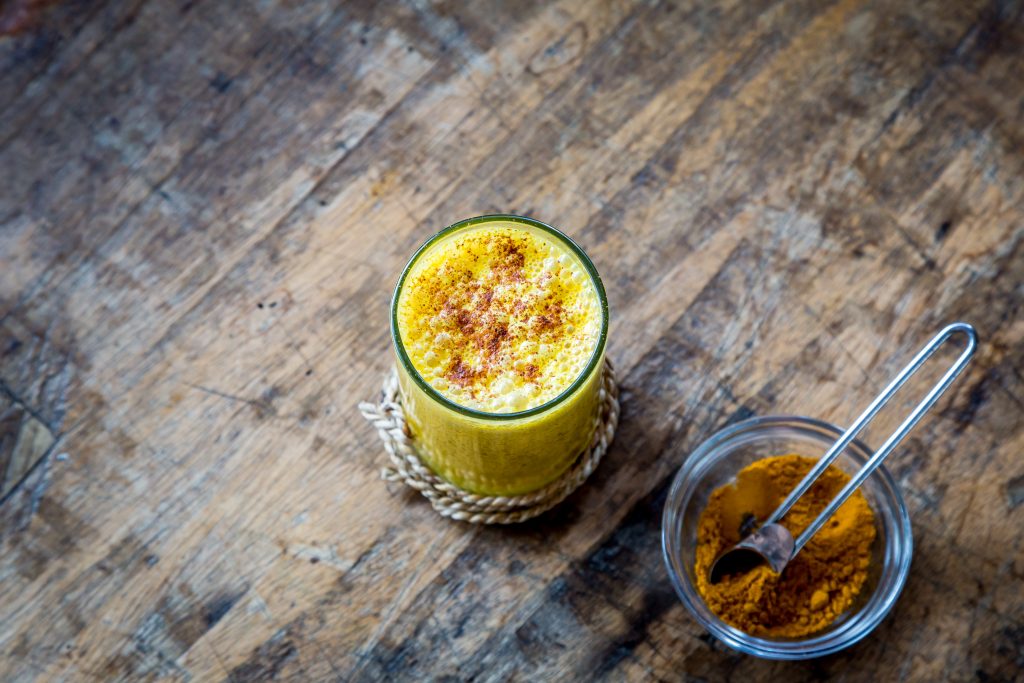
Try this recipe for a turmeric milk drink:
- 1 tsp. coconut oil or ghee
- ½ tsp. ground turmeric
- 2-3 whole black peppercorns
- Optional: ½ tsp. grated fresh ginger
- Optional: 2-3 whole cardamom pods, cracked
- 1 mug coconut, almond or tiger nut milk
- Honey to sweeten
In a small pan, melt the coconut oil or ghee. Add the spices and heat for 2-3 minutes. Add the milk and simmer for another few minutes. Strain the milk and then add sweetener to taste before serving.
This is a warming and comforting drink you could have before bed.
Is Turmeric Better Than Medication?
Turmeric is one of the primary spices used in Indian curries and is known to be extremely effective at combating and maybe even reversing diseases. There are now countless articles which have been published to demonstrate the many benefits of turmeric and curcumin, its best known healing compound.
The Curcuma Longa plant, from which turmeric is derived, grows in South East Asia, and it is its root which is dried and then ground into turmeric powder. Curcuminoids are the chemical compounds in turmeric with its active substance being curcumin, and it is this active substance which has been shown to have a benefit which equals that of a large number of traditional medications, and in some cases, even exceeds the performance of some prescription drugs.
What are the Health Benefits of Turmeric?
There are at least 12 known conditions for which turmeric has been shown to be just as effective, and often more so, that traditional drugs in potentially acting to reverse disease without any of the unpleasant associated side effects.
Deep Vein Thrombosis and Pulmonary Embolism
There are many traditional medications which are given to prevent the blood from clotting including Aspirin, Diclofenac, Warfarin and Ibuprofen however these treatments often have unwanted side effects such as excessive bleeding and overdoses as well as headaches and back pain. Turmeric causes no side effects and has been known since the 1980s to be an excellent alternative for anyone suffering from vascular thrombosis.
Depression
Patients suffering from mild depression could benefit from taking turmeric since research has shown that curcumin is just as effective at managing depression as Prozac.
Inflammation
Inflammation is a risk factor for numerous diseases including cancer, arthritis, chronic pain and ulcerative colitis. Turmeric is recognised as one of the world’s most effective compounds to fight inflammation and, thanks to its anti-inflammatory properties it may even be a potential way of treating Alzheimer’s Disease.
Skin Problems
Turmeric is known to speed up the process of wound healing, and thanks to its antioxidant and anti-inflammatory properties it can reduce acne and its associated scarring as well as control flare-ups of psoriasis.
Arthritis
Due to its pain-reducing and anti-inflammatory properties, curcumin has been shown in tests to be effective in treating rheumatoid arthritis without any negative elements being observed.
Cancer
There have been numerous studies into the effect of curcumin on several types of cancer and global authorities have come to the conclusion that turmeric does indeed have an anti-cancer effect, being able to kill the cancer cells while also helping to prevent their growth and spread. It is especially effective in cases of skin, stomach, bowel and breast cancer. A more recent study has shown that curcumin could even be used in the treatment of PDAC, an especially aggressive type of pancreatic cancer. In cases where patients have developed a resistance to chemotherapeutic drugs, curcumin may be able to re-sensitize their cancer cells so that they begin to respond to these drugs once more.
Diabetes
By including turmeric in the diet, patients with diabetes can naturally reverse their body’s resistance to insulin and lower their blood sugar levels. Curcumin has been proven to be 400 times more powerful than Metformin, one of the most common diabetes drugs, when it comes to activating AMPK to reverse type II diabetes. It has also been shown to be effective in treating diabetic retinopathy and neuropathy thanks to its antioxidant and anti-inflammatory properties.
Obesity
Curcumin may be helpful in promoting weight loss, reducing obesity and all of its associated health problems.
Digestive Disorders
Many people who suffer from digestive disorders are unable to tolerate traditional medical treatments since the flora inside the stomach has already been compromised and therefore the drugs are able to damage its lining. In cases where patients with Crohn’s Disease, Ulcerative Colitis and IBS have taken curcumin they have been able to cease taking corticosteroids since their condition had seen such dramatic improvement. Corticosteroids may be effective in reducing the pain of these conditions but they can damage the lining of the stomach further. Turmeric has none of these unpleasant side effects and can actually promote probiotic growth and the healing of the gut.
Heart Disease
Oxidative stress damages the arteries causing high LDL cholesterol levels which can lead to heart disease. While statins are traditionally given to combat this problem they are known to be harmful to the liver and kidneys and do not actually tackle inflammation and high levels of blood sugars. Curcumin is a natural alternative to these drugs and is just as effective, or even more so, at reducing inflammation and oxidative stress in patients suffering from high cholesterol.
Pain
Curcumin is known to help in pain management in cases of severe burns where traditionally patients are treated with opioids and nonsteroidal anti-inflammatory drugs.
Lupus
Lupus and other conditions such as scleroderma, psoriasis and rheumatoid arthritis are currently normally treated using corticosteroids however curcumin has now been found to be comparable with these traditional medications in reversing and helping to manage chronic disease without any side effects.
Does Turmeric Have Any Side Effects?
While turmeric has few side effects some patients have reported suffering from an itchy mild rash if their skin has been exposed to the substance. In high doses it may also cause:
- Diarrhoea
- Nausea
- Low blood pressure
- Greater risk of excess bleeding
- Uterine contractions in pregnant women
- Heavier periods
- Hyperactive contractions in the gallbladder
Patients who already take some types of medication should take care when using turmeric as a supplement since it can interact with anti-coagulant drugs such as warfarin, aspirin and clopidogrel. It may also interact with anti-inflammatory non-steroidal drugs.
Adding Turmeric Into The Diet
Turmeric can easily be added to foods such as curries or it can also be taken as a supplement in capsule form. When taken in conjunction with piperine containing black pepper it can be absorbed more effectively by the body, ensuring that it achieves maximum effectiveness.
Disclaimer: Paleo Britain is a participant in the Amazon EU Associates Programme, an affiliate advertising programme designed to provide a means for sites to earn advertising fees by advertising and linking to Amazon.co.uk. Buying through our affiliate links does not cost you anything but helps us keep this website up and running. Thank you!
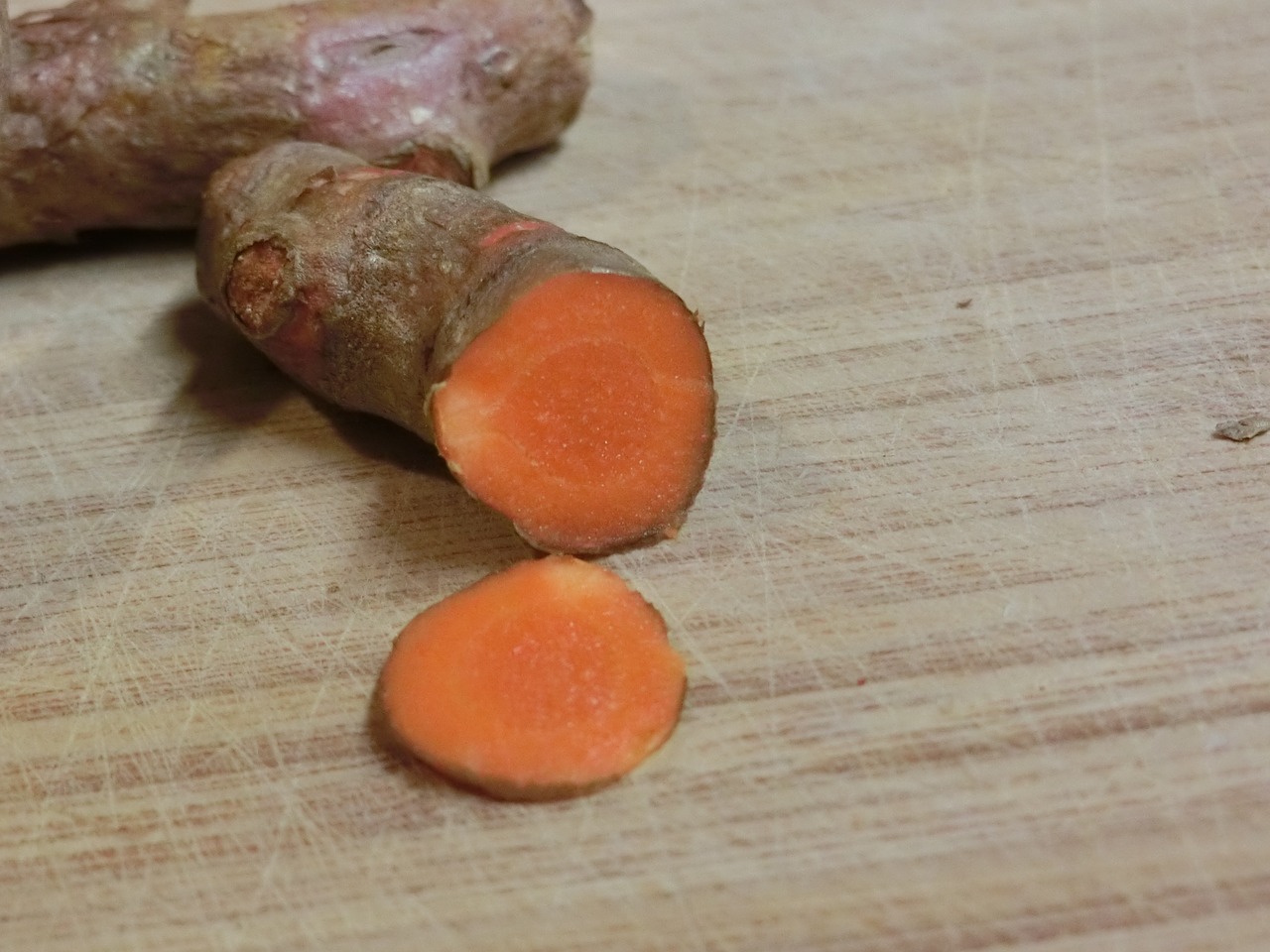
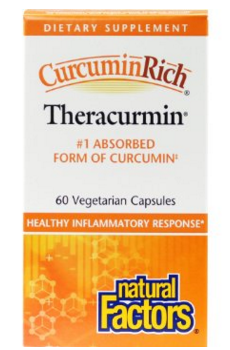
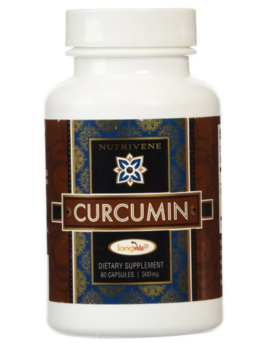
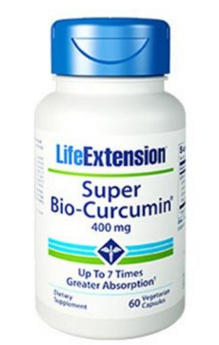
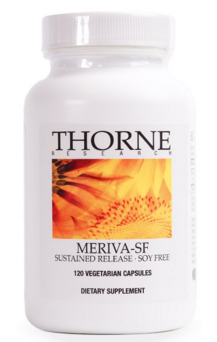

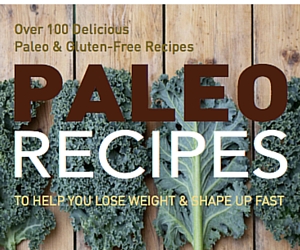


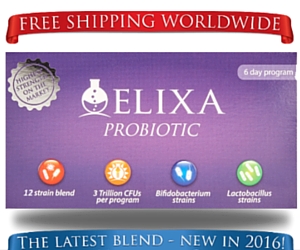
You must be logged in to post a comment.